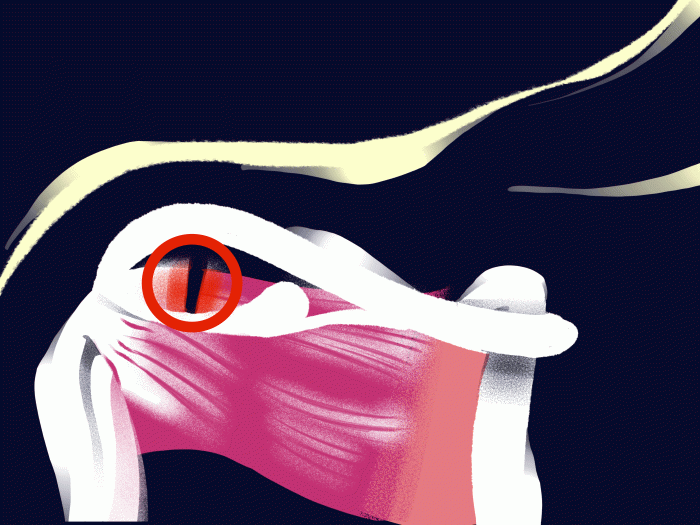Showing 1-15 of 2822 results

Minding Memory
In this episode, Matt and Lauren speak with Drs. Elizabeth Frankenberg at the University of North Carolina at Chapel Hill and Duncan Thomas at Duke University about their research which focuses on understanding how survival and physical health evolve after exposure to large scale shocks like the 2004 Indian Ocean Earthquake and Tsunami. They will specifically speak about the STAR Study and what they’re learning about long-term effects on cognitive outcomes.

Health Lab
From Medicare prescription costs and medical debt rules to actions that the Supreme Court, Congress and President Trump could take, a guide to health policies that affect many people.

Health Lab
Evan Sanders had a dirtbike accident which left him with fractures across the left side of his body. During his hospital stay, service dog Barney helped Evan with his rehabilitation goals, including a visit to the Survival Flight helicopter.

Health Lab
A famous sports announcer for University of Michigan football finds himself getting heart care at Michigan Medicine and spreading the word to others to be proactive about their heart health.

Health Lab
After a recommendation to get a hysterectomy for uterine fibroids, Joyvina Evans persistently sought a second opinion for the condition known to disproportionately affect Black people.

Department News
Get to know Dr. Max Nagle, second-year fellow in the Michigan Medicine Pulmonary & Critical Care Medicine Training Program.

Department News
The Medical School Office of Research recently announced the 2025 Research Scouts cohort, consisting of 17 faculty members from 13 Medical School departments.

Department News
Dr. Julie Bynum discusses comprehensive models for dementia care and the D-CARE and IN-PEACE clinical trials with JAMA Deputy Editor Christopher C. Muth, MD in a JAMA Author Interviews podcast.

Health Lab Podcast
For people with erectile dysfunction, penile prosthesis surgery provides a safer, and more successful treatment option, than you might think.

Health Lab
Rotator-cuff tears appear most in adults over the age of 40. These injuries are typically treated with physical therapy and surgical intervention as a last resort.